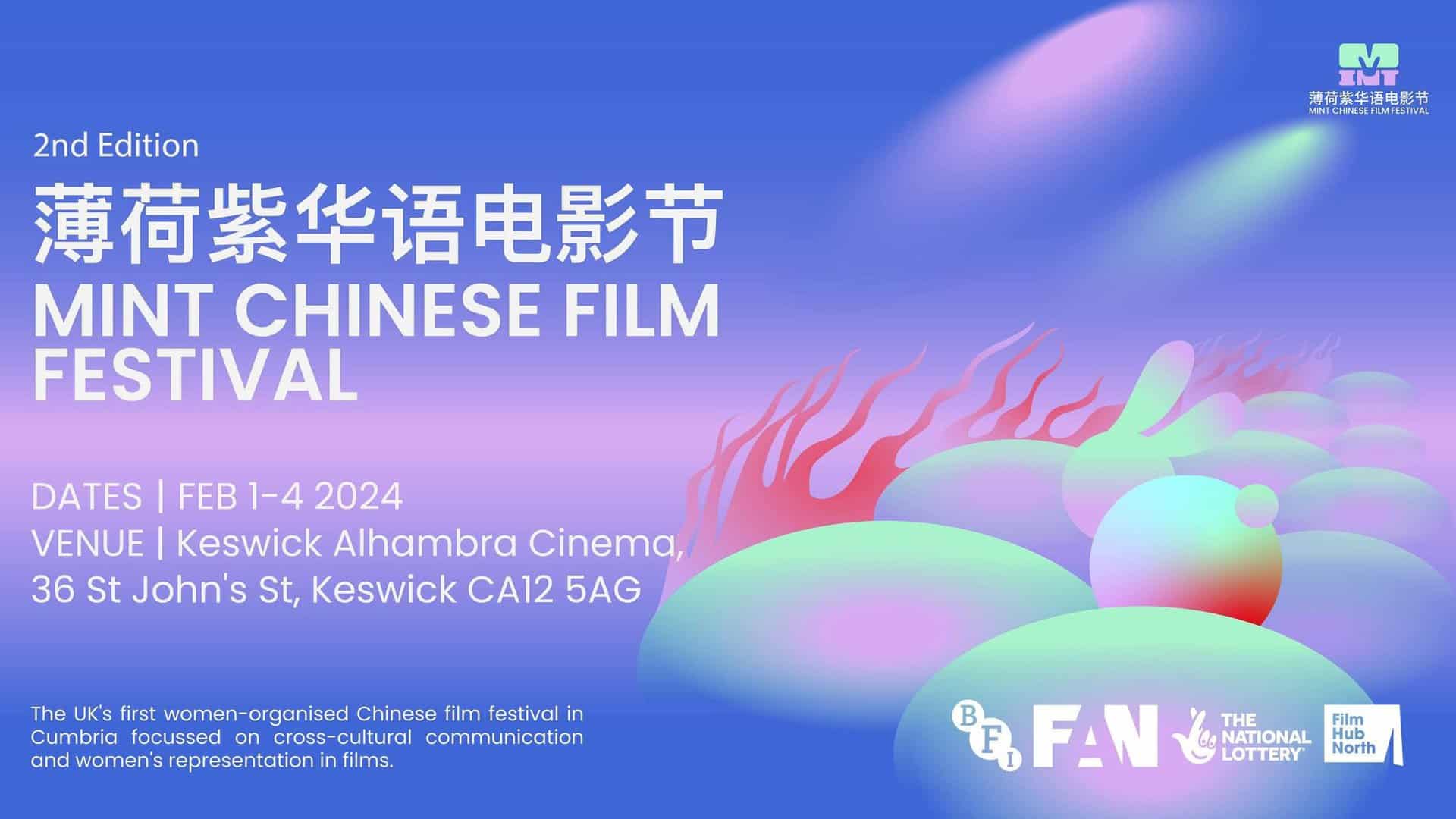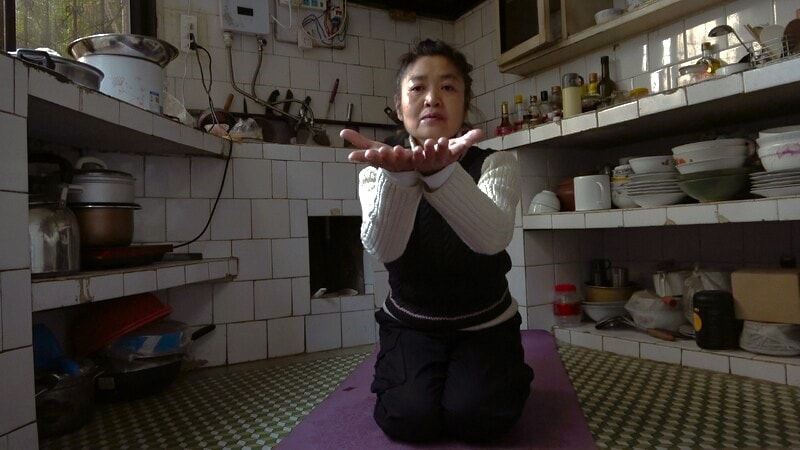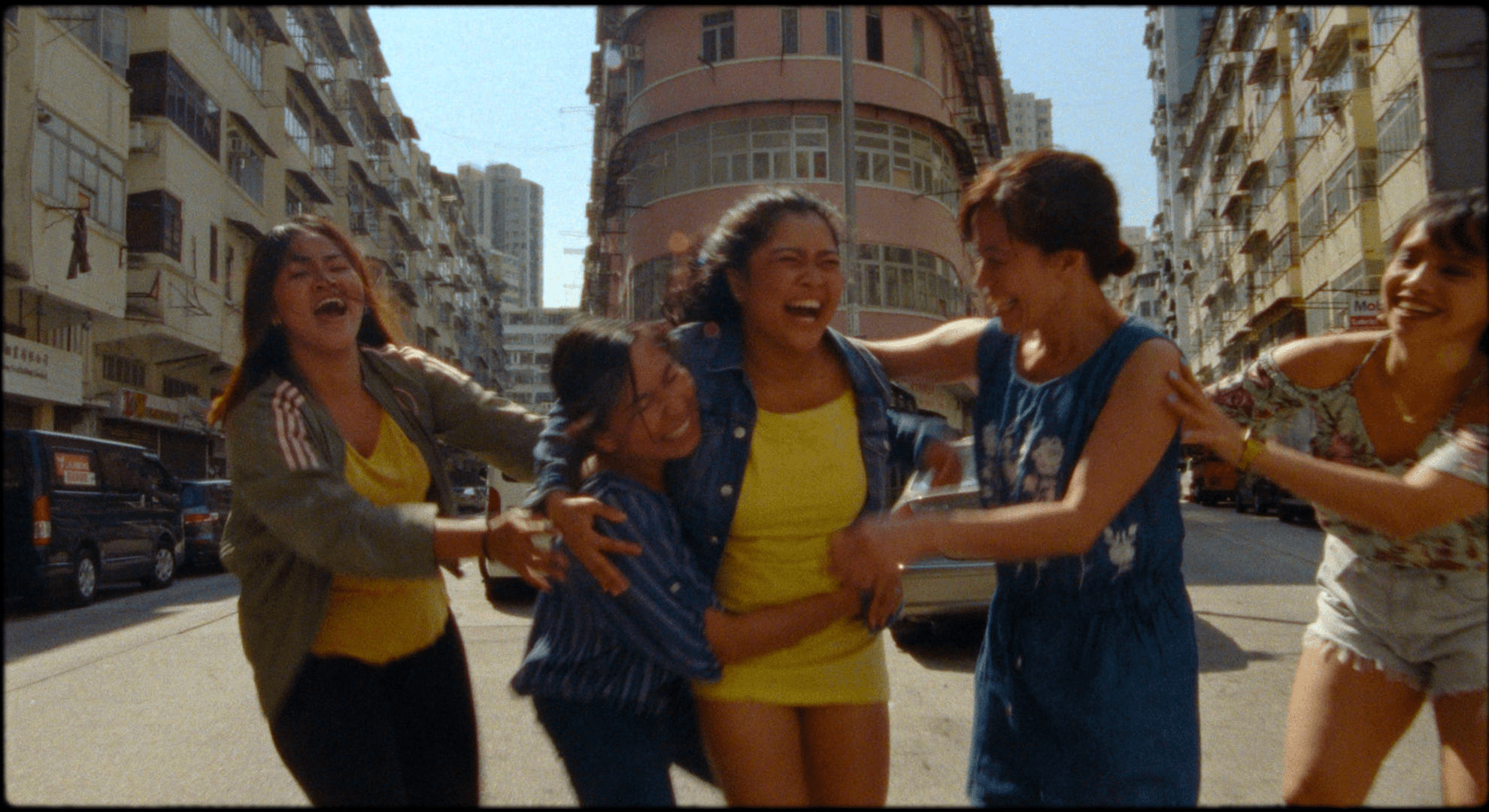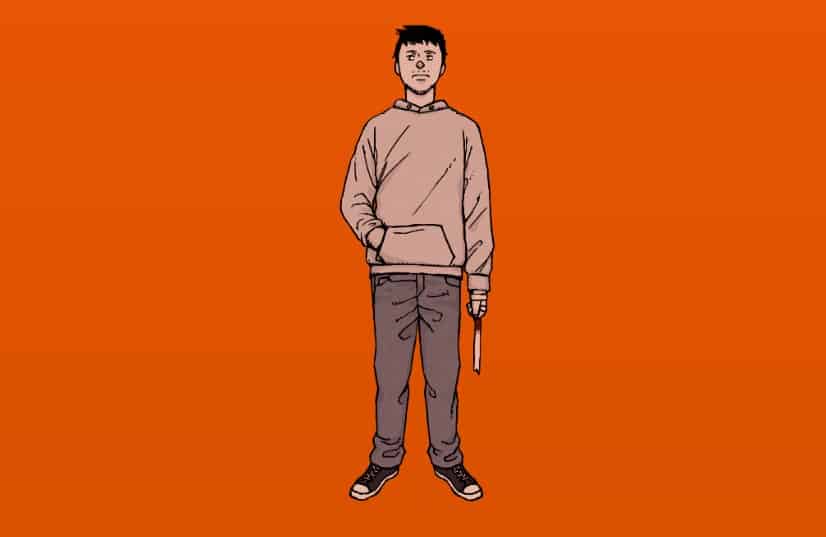“Luoluo's Youth” is the second documentary by director Luo Ziyue, also known as Luo Luo, following her debut feature “Luo Luo's Fear”, which was selected for the Yamagata International Documentary Film Festival in 2021. Luo Luo's second work was chosen for the competition in the second edition of the Mint Chinese Film Festival, the first women-organized Chinese film festival in the UK.
Luoluo's Youth is screening at Mint Chinese Film Festival

The film opens with a peculiar sequence of a woman deciding to practice yoga on the floor of her small kitchen. Soon, the viewer realizes that she is not only the protagonist of the documentary but also its director, Luo Luo. The woman spends her life taking care of her elderly father, occasionally looking after her granddaughter, but above all, sharing her experience with the “Folk Memory Project” members. It is essential to briefly explain the nature of this project to better understand the essence and importance of “Luoluo's Youth”.
In 2010, Wu Wenguang, one of the pioneers of the Chinese independent documentary movement, launched the “Folk Memory Project” at the Chaochangdi Workstation in Beijing with the aim of collecting oral histories from survivors of the Great Famine, which devastated rural China between 1958 and 1961. The project is ongoing to this day and has actively involved over 150 directors who have traveled to their villages to collect testimony of the past, present, and future—ensuring that these stories are not forgotten amid the incessant progress of history. Some of the project's notable titles include Zhang Mengqi's series “Self-portrait”, Zou Xueping's “The Starving Village”, and Wen Hui's “Listening to Third Grandmother's Stories” all presented at major independent film and documentary festival around the globe. In 2019, Luo Luo became acquainted with the Chaochangdi Workstation, where she enthusiastically joined its Folk Memory Project. Subsequently, in early 2020, she embarked on a new journey of acquiring skills in filming and editing footage.
For an hour and a half, the documentary unfolds along four well-defined narrative and visual arcs: black and white photos from Luo Luo's adolescence, the reading of two of her diaries, scenes of domestic life with her father and niece, and, finally, online meetings with members of the Folk Memory Project. In the context of the importance of preserving memories and history, the presence of the woman's diaries undoubtedly constitutes one of the most relevant components.
From 1978 to 1982, Luo Luo diligently records almost every detail of her existence each day. In doing so, the worn notebook with Mao Zedong's serene portrait on the cover stands as a witness to the woman's intimate history and the history of China itself. The close-up on the handwritten characters provides insights into Communist plenums, the mutual recognition between the USA and China, the fall of the Gang of Four, and the signing of the peace treaty with the Japanese – all pivotal events in the intricate tapestry of China's twentieth century. However, more importantly, the diaries trace the transformation of Luo Luo from a more naive and politically impassioned individual to a more mature and introspective woman. As the director reads aloud from her diaries, the narrative ascends to poetic peaks. Phrases like “the moon tonight is so big that it makes me feel like I was living myself into the embrace of the moonlight” or “I want a rich and colorful life like a kaleidoscope, I want a life full of joy, sadness, happiness, and dreams. Joy and sunshine everywhere, my life cannot be like a blank page of paper” reveal the interesting nature of Luo Luo's self-observation journey.
Luo Luo, now sixty-two years old, feels that “life is just beginning”. Indeed, transitioning from traditional pen-and-paper writing to what Astruc refers to as a “caméra-stylo”, Luo Luo uses the camera itself as a transformative tool, akin to a pen. In a life that has fully adhered to societal expectations for a woman — marriage, having children, working, caring for elderly parents, and reaching retirement— cinema becomes the magical instrument that brings about a rebirth, while also serving as a tool for personal assertion. Luo Luo uses the cinematic medium as her visual diary: she dances in front of the camera, performs, practices yoga, plays chess with her father, and laughs with her niece. The essence of “Luoluo's youth” revolves around the concept of “life and nothing else” (in Chinese, shenghuo eryi 生活而已), one of the most prevalent paradigms within the Chinese independent documentary movement. This concept involves showcasing slices of life to the audience—ordinary, common, yet precisely because of that, worthy of being captured on film.
To sum up, “Luoluo's youth” is a work worth watching not only for its significance within the Folk Memory Project but especially because it offers us the perspective of a vibrant woman—her memories, her youth, and her life, which is just beginning.















